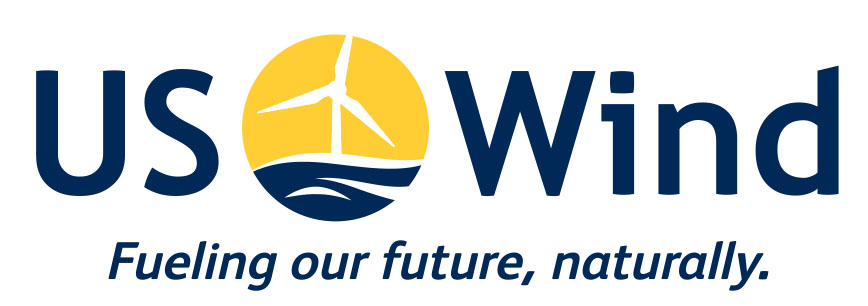How blockchain can unlock access to global renewable energy: Filtering options based on buyer preferences and making plans in advance
The reality of the situation today is that there is limited market participation in renewable energy and carbon markets when it comes to the current infrastructure: whether its high administrative costs, brokerage fees, inconsistencies across different markets, and overall difficulty of meeting one’s needs.
Douglas Miller writes in his Energy Web Foundation article, “To unlock access and increase market participation, the buying and selling of the proof of renewably generated electricity needs to start looking more like something that combines ride-hailing apps (e.g., Uber and Lyft) and tailor-made online travel booking platforms (e.g., Airbnb, Hotels.com, and Skyscanner). This would provide a major improvement compared to the current situation, which resembles a mixture of the marketplace for bulk orders of annual public transit passes and the stereotype of travel agent-led vacation bookings from the era of paper ticketing.”
Unlocking access means more, better options. Here is point number four of why blockchain upgrades existing systems and making them more accessible to the global market.
Filtering options based on buyer preferences and making plans in advance
“Consumers can use online and mobile tools to specify what they want when booking a hotel or flight based on numerous criteria. This not only helps consumers make plans in advance with assurance, but also helps service providers make arrangements to ensure they deliver in meeting customer needs. Basic search functionality, which isn’t readily available today in renewables markets unless a buyer works with a broker, should be included in new tools for these markets so that buyers can find a buy renewables based on, for example, location, type, and carbon pollution offsets. This would help buyers find what they want and generators better market their products to a wider set of buyers based on criteria that buyers prioritize—something that most likely leads to a price premium for projects delivering the greatest carbon pollution offsets. New tools should also help match generators and buyers whose respective renewable energy supply and demand—whether that is today or sometime in the future—overlap based on the results of buyer-driven searches for available renewables.”
